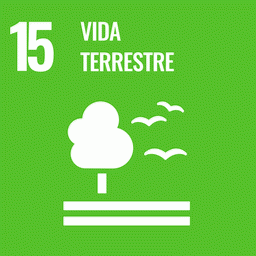Riparian forests regulate stream ecosystems and biodiversity. Therefore, changes to riparian structure may threaten stream ecosystem function by triggering taxonomic and functional changes to aquatic communities. Because macroinvertebrate assemblages are sensitive to environmental changes, they can be effective indicators of stream integrity in disturbed landscapes. To assess the role of riparian forests in maintaining tropical stream communities in areas experiencing large-scale watershed disturbance, we quantified the taxonomic and functional response of stream macroinvertebrate communities to forest clearing in the southeastern Amazon’s agricultural frontier, a region experiencing widespread deforestation. Our results show that watershed deforestation can lead to significant changes in macroinvertebrate richness and community composition. We found a predominance of shredders in forested watersheds; scrapers in cropland watersheds with riparian forests; and collector-filterers in cropland watersheds without riparian forest buffers. Taxonomic composition was controlled by available organic material in forested watersheds and by periphyton in cropland sites regardless of whether they had a riparian buffer. Our results show that the clearing of riparian forests alters food sources supporting aquatic food webs, leading to ecosystem-level shifts through changes in light and temperature dynamics that affect aquatic communities in areas with intense land-use change such as the southeastern Amazon.
Desenvolvimento Territorial – Diretrizes para a região da BR-163
Consiste em uma série de artigos acadêmicos produzidos no âmbito do Projeto Diálogos por pesquisadores membros das instituições que compõem o consórcio (WWF-Brasil, Instituto Centro de Vida (ICV), Centro de Cooperação Internacional em Pesquisa Agronômica para o Desenvolvimento (Cirad), Instituto de Pesquisa Ambiental da Amazônia (IPAM) e Centro de Desenvolvimento Sustentável da Universidade de Brasília (CDS/UnB).
